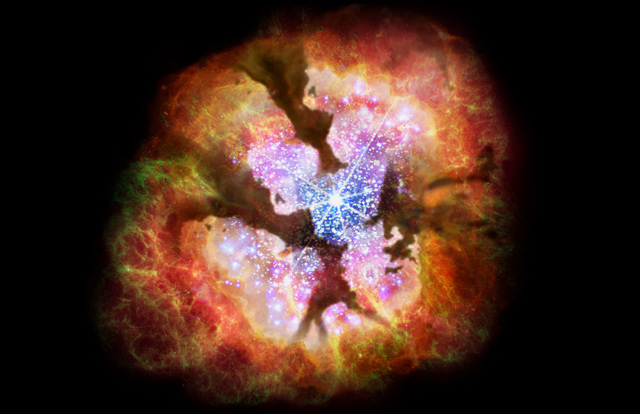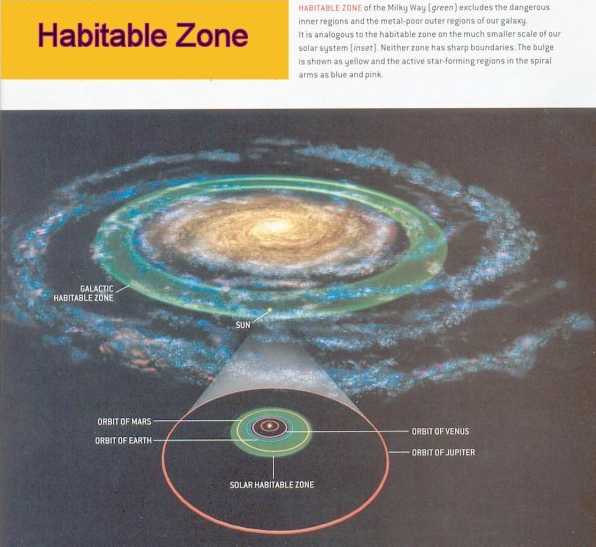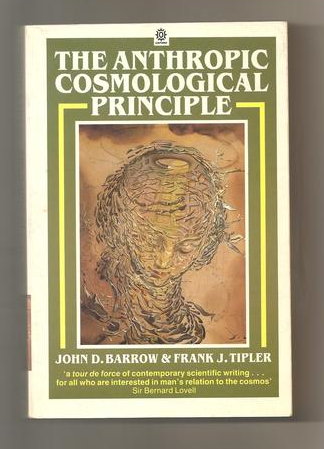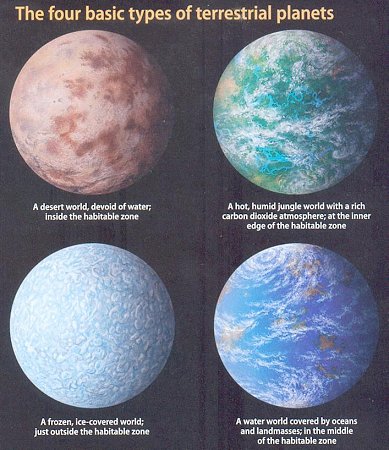letters from Ray | The incredible unlikelihood of being
June 1, 2014
Hello Ray,
The universe existed several billion years before humans were conscious, and will exist several billion years after we are conscious.
So, it is statistically improbable for the chronological timeline of the universe to be located at this precise moment, when we are conscious, that is, an 80 year lifespan within some 30 billion years.
Are you aware of any theories, besides survivorship bias from statistics, that could address this question?
Why humans happened to be alive during precise moments in the development timeline of the universe?
The universe developed before our birth, and will continue on.
To clarify, by improbable I mean extremely low probability. Empirical probability would say, “I’m alive, therefore the universe coincidentally exists at the moment during which I’m alive. And that is all there is to it.”
However, this coincidence seems so unlikely, in terms of probability, that it makes me to wonder if there are other theories you know of to explain this coincidence, whether from philosophy or physics.
Thanks,
Kent
Kent,
It is perhaps statistically improbable but not impossible.
Lots of existential questions refer to extremely improbable situations.
What is the likelihood that our universe would exist with the several dozen constants of the standard model, being set so precisely such that encoding of information in atomic and molecular structures is possible?
Had that not been the case, evolution would have been impossible.
But by the anthropic principle, it had to be so, for otherwise we would not be here to talk about it.
What is the probability that your mother and father met and had a child?
And that the precise sperm fertilized the precise egg to produce you?
And multiply that extremely small probability by the equally tiny probability that the comparable thing happened with both sets of your grandparents.
And then multiply by four sets of great grandparents. And eight sets of great great grandparents. And so on… not exactly ad infinitum, just to the beginning of life on Earth.
And yet by a similar anthropic principle, had all of these extremely improbable events not happened, you would not be here writing me an e-mail about extremely improbable existential situations.
Best,
Ray
related reading:
Wikipedia | anthropic principle
Wikipedia | fine tuned universe
Wikipedia | survivorship bias
Being Human | “Survivorship bias: the pitfall of studying only success”
The Planetary Society | “The habitable zone of inhabited planets”
About the ideas presented above:
1. How survivorship bias has an impact
Wikipedia | Survivorship bias, or survival bias, is the logical error of concentrating on the people or things that “survived” some process and inadvertently overlooking those that did not because of their lack of visibility. This can lead to false conclusions in several different ways. The survivors may be people, as in a medical study, or could be companies, research subjects, or anything that must make it past some selection process to be considered further.
Survival bias can lead to overly optimistic beliefs because failures are ignored, such as when companies that no longer exist are excluded from analyses of financial performance. It can also lead to the false belief that the successes in a group have some special property, rather than just coincidence.
For example, if three of five students with the best college grades went to the same high school, that can lead one to believe the high school must offer an excellent education. This could be true, but the question cannot be answered without looking at the grades of all the other students from that high school, not just the ones who “survived” the top five selection process. Survivorship bias is a type of selection bias.
2. Definition of the anthropic principle
related reading:
San Francisco State University | Department of Physics and Astronomy: anthropic principle
San Francisco State University | The anthropic principle was proposed in Poland in 1973, at an event commemorating Copernicus’s 500th birthday.
It was proposed by Brandon Carter, PhD, who, on Copernicus’s birthday, had the audacity to proclaim that humanity did indeed hold a special place in the Universe, an assertion that is the exact opposite of Copernicus’s now universally accepted theory.
Carter was not claiming the universe was our own personal playground, made specifically for humanity.
The version of the anthropic principle that he proposed that day, now referred to as the Weak Anthropic Principle (WAP), stated only that by our very existence as carbon-based intelligent creatures, we impose a sort of selection effect on the universe.
For example, in a universe where just one of the fundamental constants that govern nature was changed — say, the strength of gravity — we wouldn’t be here to wonder why gravity is the strength it is. This is the official definition of the WAP:
“Weak Anthropic Principle (WAP) | The observed values of all physical and cosmological quantities are not equally probable but they take on the values restricted by the requirement that there exist sites where carbon-based life can evolve and by the requirement that the Universe be old enough for it to have already done so.”
— The Anthropic Cosmological Principle by John Barrow, PhD and Frank Tipler, PhD
Later, Carter also proposed the Strong Anthropic Principle, that states the universe had to bring humanity into being. This version is much more teleological, if not theological, and is of a highly speculative nature. Nonetheless, Carter had scientific reasons to propose it. The definition of SAP i:
“Strong Anthropic Principle (SAP) | The universe must have those properties which allow life to develop within it at some stage in it’s history.”
— The Anthropic Cosmological Principle by John Barrow, PhD and Frank Tipler, PhD
Wikipedia | Some people reason that the anthropic principle explains why the universe has the age and fundamental physical constants necessary to accommodate conscious life. As a result, they believe it is unremarkable that the universe’s fundamental constants happen to fall within the narrow range thought to be compatible with life.
The strong anthropic principle (SAP) as explained by Barrow and Tipler states that this is all the case because the universe is compelled, in some sense, to eventually have conscious and sapient life emerge within it.
Critics of the SAP argue in favor of a weak anthropic principle (WAP) similar to the one defined by Brandon Carter, PhD, which states that the universe’s ostensible fine tuning is the result of selection bias: only in a universe capable of eventually supporting life will there be living beings capable of observing and reflecting upon any such fine tuning, while a universe less compatible with life will go unwitnessed.
related reading:
Wikipedia | Frank J. Tipler, PhD
Wikipedia | John D. Barrow, PhD
Wikipedia | Brandon Carter, PhD
3. The theoretical concept of the finely tuned universe
Wikipedia | The fine tuned universe is the proposition that the conditions that allow life in the universe can only occur when certain universal fundamental physical constants lie within a very narrow range.
So, if any of several fundamental constants were only slightly different, the universe would be unlikely to be conducive to the establishment and development of matter, astronomical structures, elemental diversity, or life as it is understood.
The proposition is discussed among philosophers, scientists, theologians, and proponents and detractors of creationism.
related viewing:
Physics World | In less than 100 seconds, Roberto Trotta explains this often-misunderstood philosophical idea: why it seems so unlikely that conditions in the universe are so perfectly tuned for life to exist.
related reading:
Institute of Physics | main
Institute of Physics | Physics World: main
Institute of Physics | Physics World: 100 Second Science
“The Simulation Argument leads to yet another variety of multiverse.” — Dirk Bruere
related reading:
Ask Ray | “Experiment to find out if we’re being simulated”








